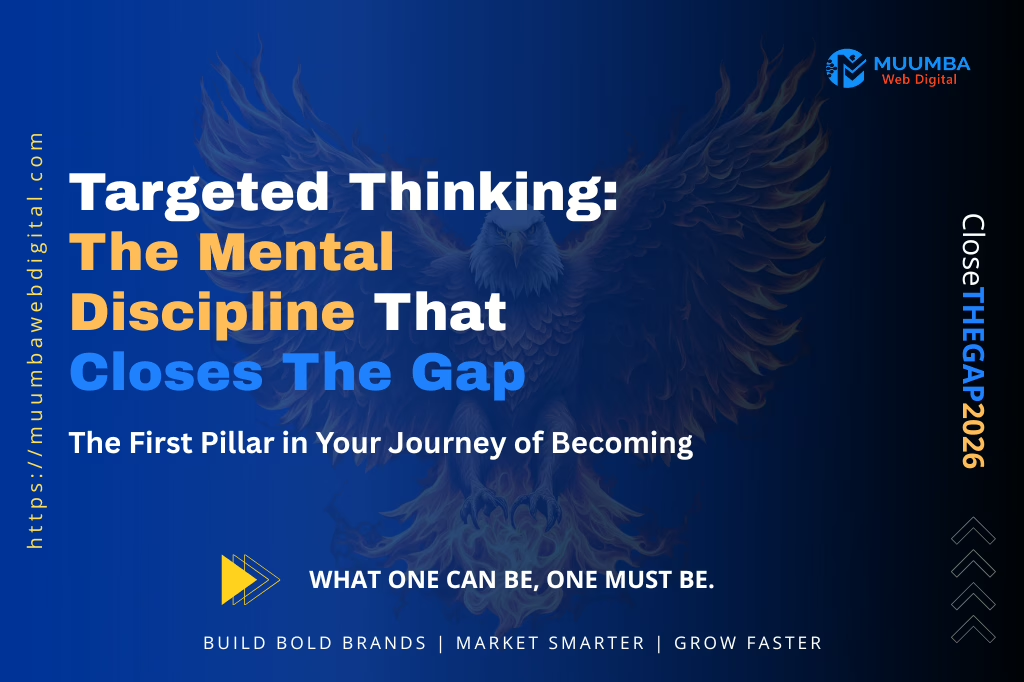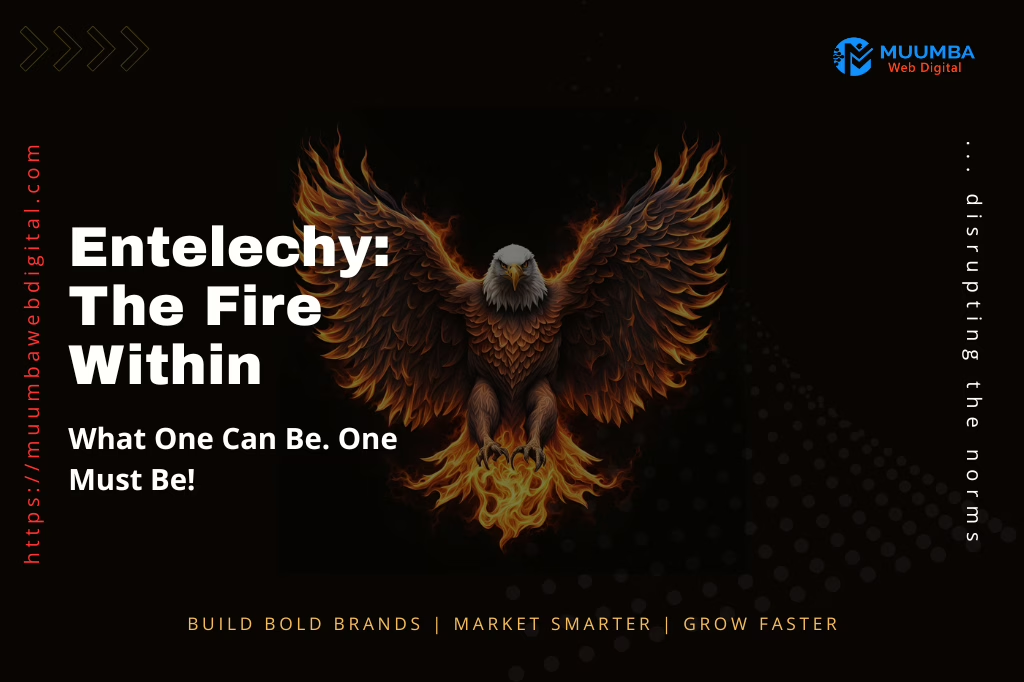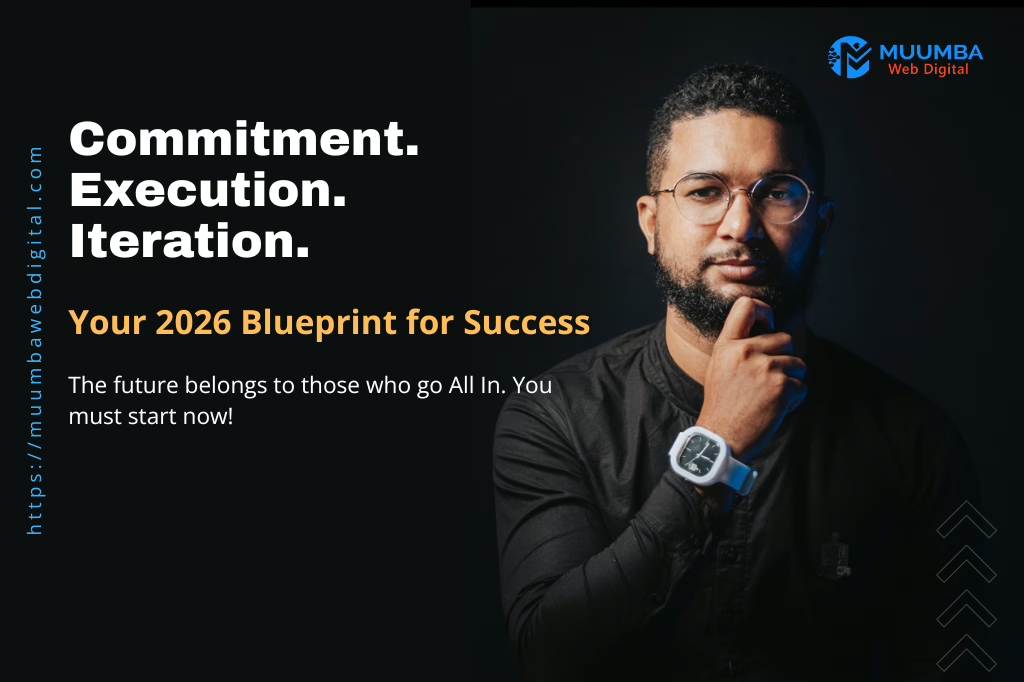
The Top Ten Digital Marketing Trends for 2025
Unlock the Future of Marketing: AI, Personalization, and Beyond for Business Growth in 2025
As we approach the end of 2025, digital marketing continues to evolve at breakneck speed, blending cutting-edge AI with ethical, customer-focused strategies. This guide explores the top 10 trends, from hyper-personalization to sustainable branding, that every small business owner and entrepreneur needs to know. Whether you’re tech-savvy or just starting, these insights will help you boost ROI, drive engagement, and stay competitive in a dynamic landscape.
As we enter the latter half of 2025, the world of digital marketing is evolving at an unprecedented pace. Imagine this: According to Gartner, 60% of marketing departments worldwide will integrate at least one form of AI technology by the end of this year, showing just how central AI has become to staying competitive.
At events like Cannes Lions earlier this year, top executives from brands like Mercedes-Benz and Salesforce shared stories of how AI isn’t just cutting costs. It’s sparking creativity, encouraging experimentation, and building trust alongside data and automation. For everyday entrepreneurs and small business owners like you, this means exciting opportunities to grow your business without needing a massive budget or a team of tech experts. However, it also means staying up-to-date with trends to avoid being left behind.
At Muumba Web Digital, we specialize in helping businesses like yours, whether you’re a local shop owner or a tech-savvy startup founder, build strong online presences that drive real results. In this post, we’ll break down the top 10 digital marketing trends for 2025 in simple terms, with practical tips and examples. We’ll keep it straightforward for those new to tech, while touching on the deeper mechanics for our more technical readers. Let’s explore how these trends can boost your ROI, engagement, and conversions.
Why Staying Ahead of Digital Marketing Trends Matters
In today’s digital world, trends aren’t just buzzwords. They’re tools to give your business an edge. For small business owners, adapting to these changes can mean turning a modest marketing budget into significant growth. Here’s why it pays to stay informed:
- Enhancing ROI: With AI handling personalization and automation, you get more bang for your buck. Instead of guessing what works, data-driven tools help you focus on strategies that deliver results.
- Boosting Engagement: Trends like immersive experiences and shoppable content turn passive viewers into active participants, making your brand more memorable.
- Driving Conversions: Consumers today want relevant, seamless, and trustworthy interactions. By blending tech with ethics, you build loyalty that leads to sales.
By embracing these trends, you’re not just keeping up. You’re positioning your business as a leader. Now, let’s preview the top 10 trends shaping 2025.
Preview: 10 Game-Changing Digital Marketing Trends for 2025
These trends combine cutting-edge tech with human-centered strategies:
- AI-Powered Personalization & Hyper-Personalization
- Generative AI for Content Creation
- Voice & Visual Search Optimization
- Social Commerce & Shoppable Content
- Privacy-First Marketing & Data Ethics
- Omnichannel & Phygital Experiences
- Sustainability & Inclusive Marketing
- AI Agents & Marketing Mix Modeling (MMM)
- Social Listening & Community Building
- B2B Personalization & Value-Based Branding
Let’s dive into each one.
1. AI-Powered Personalization & Hyper-Personalization: Tailor Every Interaction
What if your marketing felt like a one-on-one conversation with each customer? That’s the essence of AI-powered personalization and hyper-personalization. For non-technical folks, personalization is basic, like using a customer’s name in an email or suggesting products based on past buys. Hyper-personalization takes it further: AI analyzes real-time data to create unique experiences, like adjusting offers based on what a customer is doing right now.
For tech enthusiasts, this involves machine learning algorithms that process structured data (e.g., purchase history) and unstructured data (e.g., social media sentiment) to predict behaviors.
How It's Made Possible
This trend relies on massive data collection, machine learning models that learn and adapt, and real-time automation. AI sifts through data at speeds humans can’t match, spotting patterns to trigger personalized actions instantly.
How It Achieves Its Goal
It meets customer expectations for relevance, boosts ROI by reducing wasted efforts, and creates seamless journeys across channels. Customers feel understood, leading to higher engagement and loyalty.
Relevant Examples
- Netflix and Spotify use AI to curate "Made for You" recommendations based on your habits, keeping you hooked.
- Amazon's "Recommended for You" sections draw from your browsing and similar shoppers' behaviors.
- Starbucks sends location-based offers via their app. If you're a morning latte fan, you might get a discount push when nearby.
- Advanced chatbots pull your history to offer tailored help, like suggesting products in a natural conversation.
2. Generative AI for Content Creation: Rapidly Test, Scale, and Iterate
Gone are the days of spending hours crafting every ad or post. Generative AI creates original content like text, images, videos, and audio from simple prompts. For entrepreneurs, tools like ChatGPT or Midjourney let you whip up marketing materials quickly, freeing time for big-picture ideas.
Technically, this uses large language models (LLMs) trained on vast datasets and diffusion models that generate content by refining noise into polished outputs.
How It's Made Possible
Sophisticated models learn patterns from data, powered by fast computing. They produce content in seconds, allowing real-time tweaks.
How It Achieves Its Goal
It speeds up production, scales output without extra costs, and enables data-driven testing, like A/B variations, to refine what works, creating a feedback loop for better results.
Relevant Examples
- E-commerce sites generate hundreds of SEO-optimized product descriptions from basic details.
- Marketers create ad variations tailored to demographics, like different images for age groups.
- Brands turn scripts into short videos for TikTok, skipping expensive production.
3. Voice & Visual Search Optimization: Be Found Without Typing
People increasingly search by speaking to devices or snapping photos. Voice search handles conversational queries like “What’s the weather in St. Louis today?” Visual search lets users photograph something to find matches.
For beginners, optimize by using natural language on your site. For techies, it involves natural language processing (NLP) for voice and computer vision for images, analyzing pixels to match databases.
How It's Made Possible
NLP and automatic speech recognition convert voice to text and understand intent. Visual tools use image recognition to compare features like colors and shapes.
How It Achieves Its Goal
It aligns with on-the-go behaviors, improves user experience by reducing friction, and captures “micro-moments” of need, like urgent searches.
Relevant Examples
- A bakery optimizes for "near me" voice searches, appearing first when someone asks for open spots nearby.
- Fashion brands tag images so a photo of a jacket leads straight to their site via Google Lens.
- Hybrid: Snap a landmark and ask verbally for details, combining both.
Here’s a helpful video tutorial on optimizing your website for voice search in 2025:
4. Social Commerce & Shoppable Content: Turn Posts into Sales
Social commerce turns platforms like Instagram into storefronts, where users buy without leaving the app. Shoppable content tags products in posts or videos for instant purchases.
Simply put, it’s making social media a direct sales channel. Technically, it integrates with e-commerce APIs for tags, in-app checkouts, and live streams.
How It's Made Possible
Platforms like Meta and TikTok offer built-in shops, interactive formats, and seamless payments. Consumers’ comfort with impulse buys fuels it.
How It Achieves Its Goal
It shortens the buying process, leverages social proof from influencers, and capitalizes on discovery moments for quick conversions.
Relevant Examples
- Instagram Reels: Tag outfits in videos; viewers tap to buy.
- TikTok Shop: Live streams sell items in real-time with discounts.
- Pinterest Pins: Click decor in images to purchase directly.
5. Privacy-First Marketing & Data Ethics: Build Trust with Transparency
This trend prioritizes customer privacy over data hoarding. Be open about data use and give control via preferences.
For all, it’s about ethics as an advantage. Technically, shift to first-party data (direct from customers) amid cookie phase-outs.
How It's Made Possible
Regulations like GDPR/CCPA enforce it; consumers demand transparency. Focus on consented data sources.
How It Achieves Its Goal
Relevant Examples
- Apple's ATT asks for tracking permission, pushing first-party strategies.
- Preference centers let users choose communications.
- Clear, visual privacy policies explain data handling simply.
6. Omnichannel & Phygital Experiences: Blend Online and Offline
Omnichannel unifies all touchpoints; phygital merges physical and digital, like AR try-ons.
Easy view: Consistent experiences everywhere.
Tech side: Data unification via CRMs and location tech like beacons.
How It's Made Possible
Integrated systems share data; AR/VR tools create interactions.
How It Achieves Its Goal
Eliminates friction (e.g., buy online, pick up in-store), drives engagement, and provides full customer insights.
Relevant Examples
- Starbucks app: Order ahead, earn points across channels.
- Nike: Scan products in-store for sizes via app.
- Sephora: Skin scans recommend matches, saved online.
7. Sustainability & Inclusive Marketing: Align with Values
Market authentically on eco-friendliness and diversity to connect deeply.
Simply: Show real commitments.
Technically: Use data for transparent supply chains.
How It's Made Possible
Consumer activism and social media accountability; partner with diverse influencers.
How It Achieves Its Goal
Builds credibility, expands audiences, and sparks innovation.
Relevant Examples
- Patagonia: "Don't Buy This Jacket" promotes repair over buy.
- Dove: "Real Beauty" features diverse women.
- Fenty Beauty: 50+ shades for inclusivity.
8. AI Agents & Marketing Mix Modeling (MMM): Optimize with AI
AI agents automate tasks; MMM analyzes channel effectiveness. Combined, they forecast and adjust spends. For starters: AI as a smart assistant.
Tech: Agentic AI with planning and real-time data.
How It's Made Possible
Advanced ML algorithms process data; agents integrate channels.
How It Achieves Its Goal
Maximizes ROI by reallocating budgets, enables quick planning, and frees humans for creativity.
Relevant Examples
- Auto-shift ad budgets to top performers.
- Predict ad variations' success.
- Dynamic pricing based on demand.
9. Social Listening & Community Building: Engage Authentically
Monitor conversations to build loyal groups.
Basic: Listen, then respond.
Tech: AI tools analyze sentiment.
How It's Made Possible
Tools like Brandwatch; niche platforms like Discord.
How It Achieves Its Goal
Improves products, manages reputation, boosts word-of-mouth.
Relevant Examples
Improves products, manages reputation, boosts word-of-mouth.
- Stanley: Responded to viral video with generosity.
- Duolingo: Embraced memes for fun community.
- Chipotle: Added menu item from TikTok trend.
10. B2B Personalization & Value-Based Branding: Focus on Trust
Tailor B2B experiences; brand around purpose.
Simple: Treat buyers personally. Tech: Intent data and ABM tools.
How It's Made Possible
Firmographic/intent data; integrated marketing-sales.
How It Achieves Its Goal
Shortens cycles, builds trust, improves ROI.
Relevant Examples
- HubSpot: Free content builds value first.
- Salesforce: Dynamic site content by industry.
- IBM: Focuses on outcomes like "smarter cities."
Conclusion: Harness These Trends with Muumba Web Digital
These 2025 trends, from AI personalization to ethical branding, interconnect around tech, trust, and customer focus. As we look toward 2026, expect deeper integrations like metaverse expansions.
At Muumba Web Digital, we turn these into reality with custom website design for seamless experiences and AI-powered automation for smart campaigns. Ready to boost your growth? Contact us for a free consultation to implement these trends and drive traffic, visibility, and conversions.
Join Our Email List!
Stay ahead of the curve! Subscribe to our newsletter for exclusive deals, expert digital marketing insights, and the latest technology trends and updates.
Hal Ngoy
Founder & CEO of Muumba Web Digital Entrepreneur. Kingdom Builder. Transformational Mentor. My passion is to inspire radical, inside-out transformation that awakens people to their divine potential and destiny. As Founder & CEO of Muumba Web Digital, I lead a creative branding and digital marketing agency dedicated to helping brands grow through strategic design, marketing, and web development. Rooted in Kingdom entrepreneurship, my work is built on excellence through transformation, not just for profit, but to build a legacy and advance societal renewal.
All Posts



